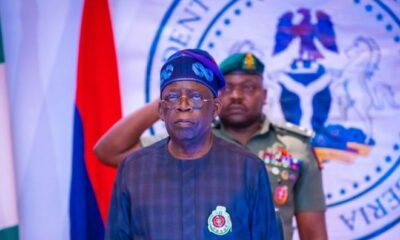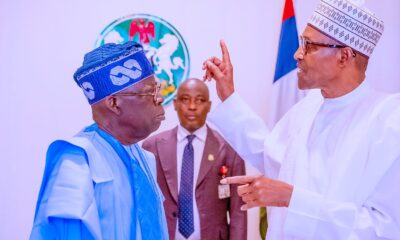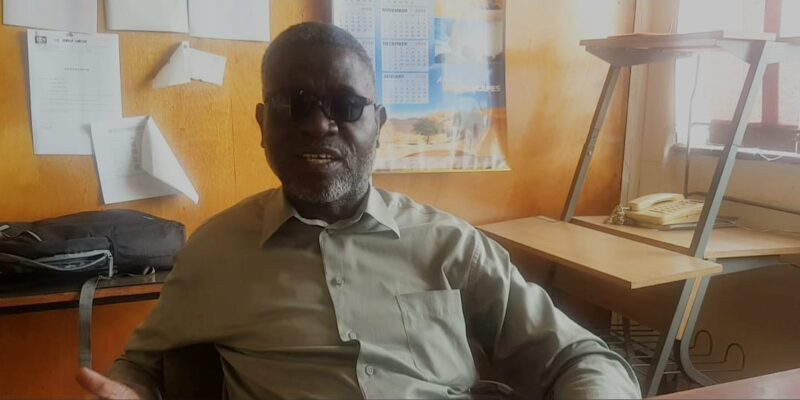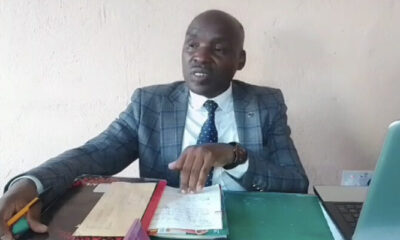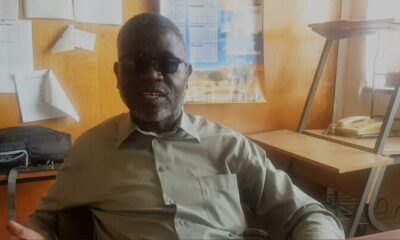Nigerian lawmakers have failed to fix a specific date to reconvene from the holidays as generally thought of in view of some pressing state matters.
The news that broke Tuesday did not entirely come as a a surprise. The preceding days had seen members of Nigeria’s National Assembly speaking tongue-in-cheek with respect to returning work.
It’s now official that the upper and lower legislative houses will not be reconvening anytime soon. By refusing to fix a specific date, the Senate President, Bukola Saraki and Speaker, House of Representatives, Yakubu Dogara, literally shut the doors indefinitely.
In a joint statement Tuesday, the National Assembly leadership stated that the existing conditions were not conducive for them to reconvene and consider the Independent National Electoral Commission (INEC) 2019 elections budget request forwarded by President Muhammadu Buhari on July 17, 2018.
Amongst others, the lawmakers argued that a procedural hitch existed as the joint Senate and House Committees on Appropriations, Loans and Debts on the Eurobond loan must meet as expected, after which both reports would would be ready for presentation to the two chambers.
“…No such meeting had taken place yet as a result of which both Senate and House of Representatives cannot reconvene as there is no report to consider.
“Until the Committees have a ready report for the consideration of the two chambers, it will be most irresponsible to recall members from recess especially those that may have travelled to Saudi Arabia for the Hajj,” the statement said.
Sources familiar with the developments, however, maintain that open threats by the ruling All Progressives Congress (APC) to impeach the Senate President on grounds of having defected to the main opposition and minority party (PDP) are real reason for continued closure of the National Assembly.
This position was reinforced Tuesday as APC dug into the trenches.
“While Saraki and his cohorts continue to postpone their doomsday regarding the imminent Senate leadership change, the yet-to-be considered 2019 budget of the Independent National Electoral Commission INEC is dangerously delayed. Clearly, Saraki’s actions as Senate President now bother on high treason”, Yekini Nabena, APC’s Acting National Publicity Secretary, said in a statement.
The party further alleged plans by PDP to harm its members and also bribe them to give up the plot to remove Saraki.
“We call on security agents to protect APC Senators. If any Senator is harmed, the PDP and Saraki should be held directly responsible. We call on security agencies to also closely monitor the activities of some PDP leaders including Saraki because the plan to attack APC Senators is real and imminent.
“We were informed that the plot was hatched in the private residence of a PDP leader in Maitama-Abuja on Sunday night. The meeting was attended by 15 pro-Saraki Senators including the Senate President himself,” the statement read.
It added, “This revelation has not come to us as a surprise because the Senate President through proxies has made several failed attempts to buy over APC Senators with N100million each.
“As a Party, we don’t believe in inducing lawmakers to achieve our legitimate goal of removing Saraki as Senate President. We will get the support of some PDP Senators to get the required 2/3 vote and impeach Saraki. We are already talking to some of PDP Senators who believe and support the direction of the President Muhammadu Buhari administration to achieve our legitimate goal.
Read Also: All you want to know about Egypt’s silence on 2013 murder of 817 protesters in one day
“We reiterate our call for Saraki’s immediate resignation as Senate President. He cannot lead the APC majority Senate. But if he fails to resign honourably, we will impeach him. The PDP’s propaganda and threat of violence cannot save him.
“As Chairman of the 8th National Assembly, Saraki’s decision not to reconvene the National Assembly done with the support of the Speaker, House of Representatives, Rt. Hon. Yakubu Dogara further buttresses our position that Saraki is ever ready to pursue his selfish interests over National Interest. This is another brazen display of his penchant for abuse of powers and sabotage of government, however the cost and implication.”
While the ruling party alludes to constitutional means of removing Saraki, some analysts claim that the stance amounts to mere posturing as the APC chairman, Adams Oshiomhole, has vigorously warned that the party would do anything to disgrace the Senate President out of office.
“The only way he can avoid impeachment is to either resign or return to the majority party- even then we will not accept him, he should remain where he is.
“No amount of blackmail or sponsored analysts can stop his removal,” Oshiomhole was quoted as saying Tuesday.
One analyst said, “APC’s resort to strong-arm tactics is understandable. If they manage to get rid of Saraki by whatever means, he would have little or no time to fight back as the force of the federal might will be too much to bear.
“In the circumstance, the embattled Senate President is left with no choice but to fight till the end as the APC leadership is allowing no room for compromise or negotiations.
“Remember, this whole fight is about which party takes the Presidency in 2019. With the gale of defections, PDP is sufficiently armed to give APC a good run, and would do anything as well, to prop Saraki and force a stalemate. This is where we are at the moment,” he said.
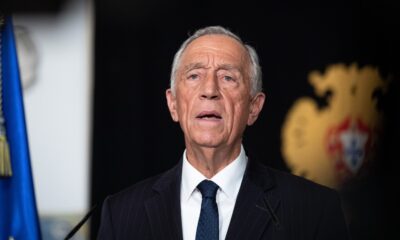
 Musings From Abroad23 hours ago
Musings From Abroad23 hours ago
 Metro2 days ago
Metro2 days ago
 Culture2 days ago
Culture2 days ago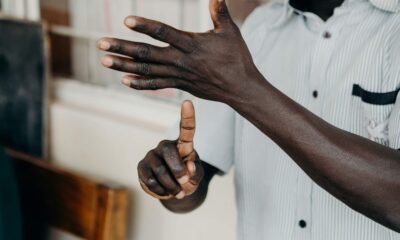
 Metro2 days ago
Metro2 days ago



